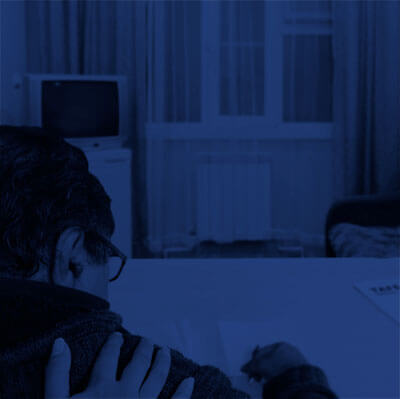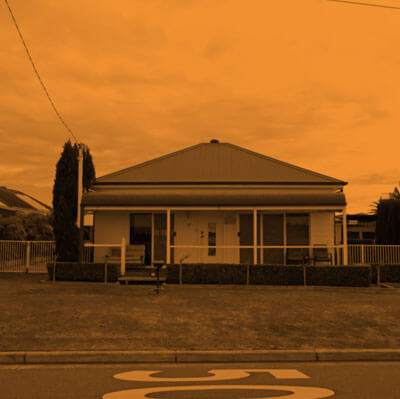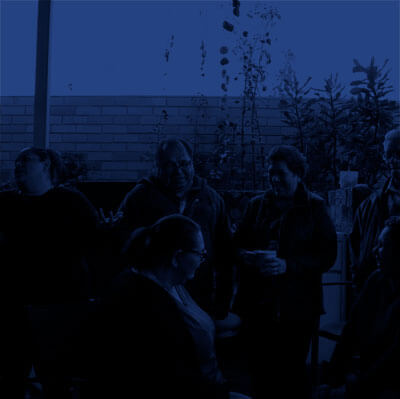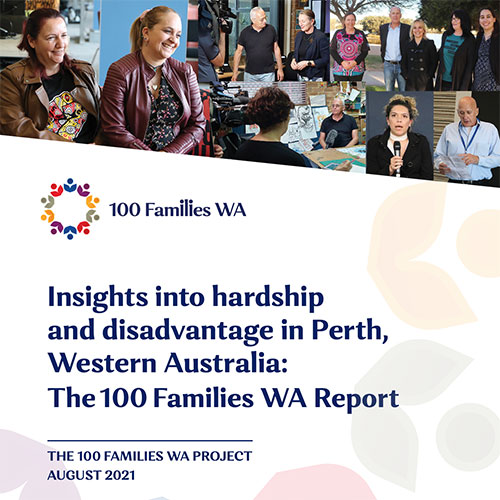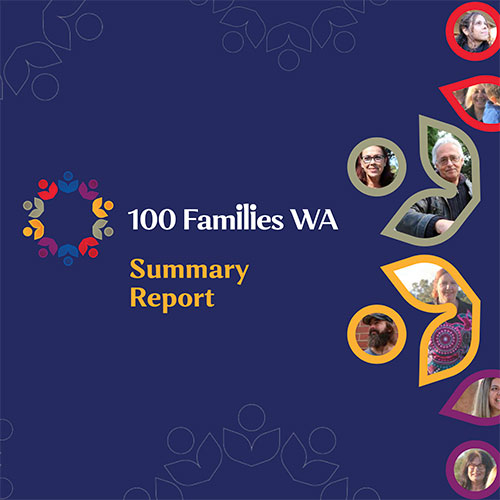I don’t think my neighbour likes us much. She always gives us bad looks. I think she may have made a complaint about the kids messing around in the yard, being noisy, and drawing pictures on the fence. We ended up getting a strike on our homeswest housing for ‘disruptive behavior’.
I was going to walk past her this morning on the way to the bus stop but she crossed the road.
Talking of the bus, when it arrived I went to pay for my ticket with coins (that is all I could scrape up) and the bus driver told me that I should have the right money and ‘people like me’ are always wasting his time. I tried to stand up for myself by telling him he should have more respect. He muttered something under his breath, probably something racist. No one else on the bus said anything.
When I got off the bus I rang the number advertised for complaints. They apologised for his actions and said they will address this with the driver.
Why do I constantly have to put on armor every time I leave my house? I can’t afford to drop my guard for a minute. It is exhausting and unfair.





